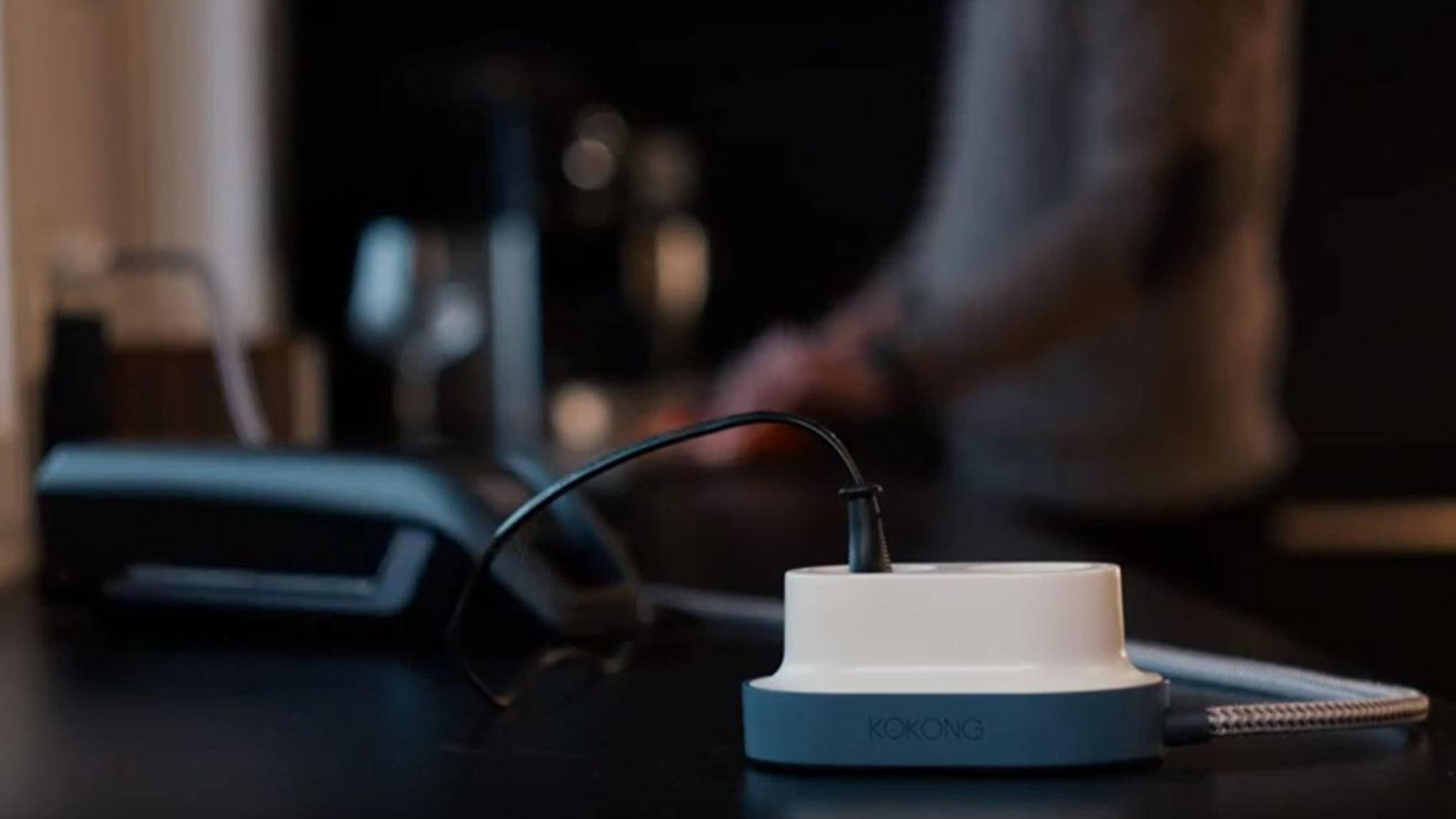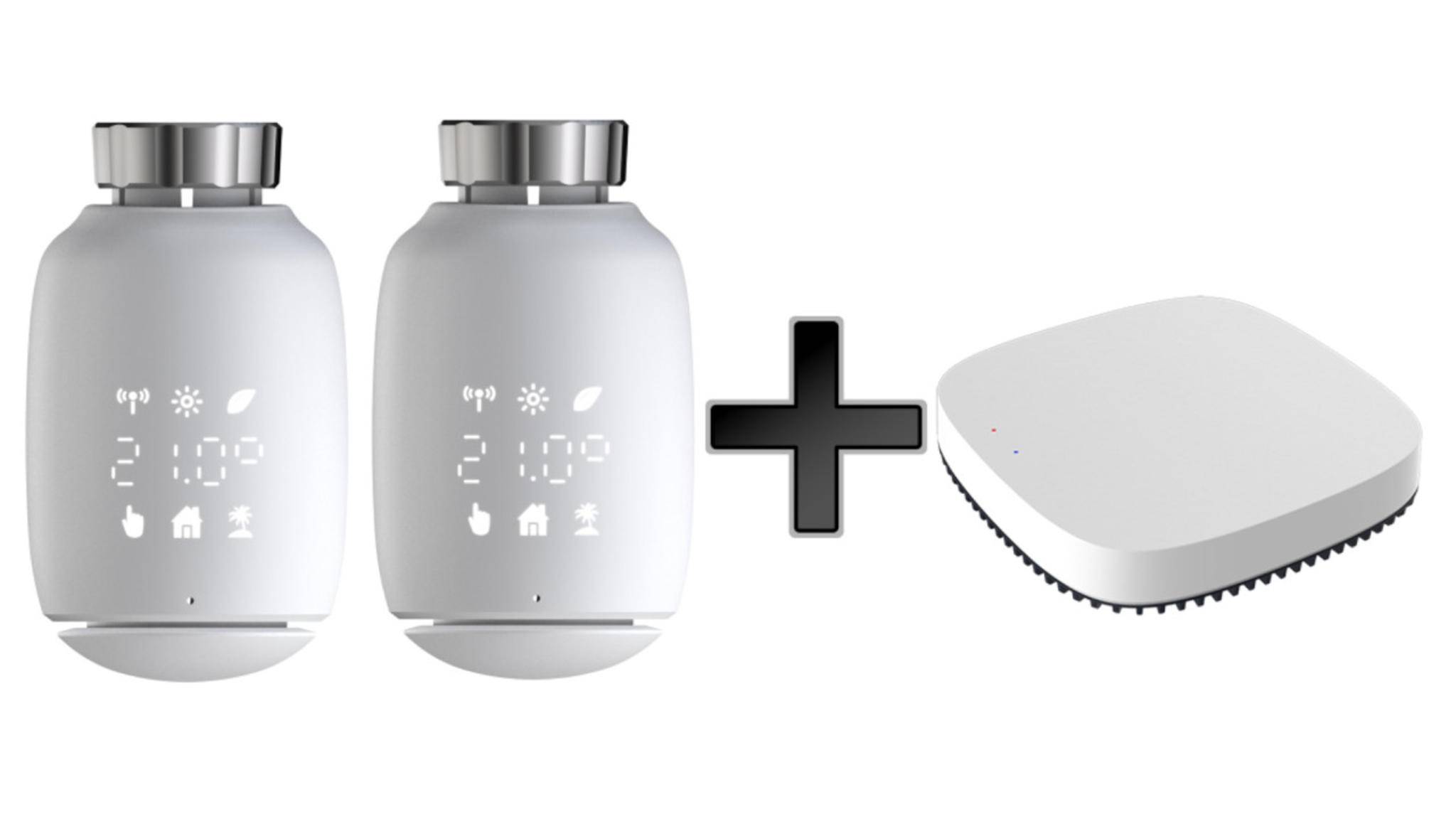Power failure in the smart home: you need to know that

Devices such as the smart heating thermostat, the voice-controlled light or the intelligent security systems are practical and convenient, but also dependent on electricity and the Internet. What happens if the power goes out in the smart home? We explain the consequences and possible solutions.
What happens to my smart home in the event of a power failure?
Without their own power supply, your smart home systems will simply no longer work in the event of a blackout. In many cases this is not a big problem because there are manual alternatives: the blinds can also be opened by hand, the heating thermostat can be set directly on the device and even a smart door lock still works with the good old key.
When the power is back, the smart devices should be fully functional again in no time without you having to do anything. To be sure, you can check if your devices are still connected to your router and the manufacturer app. If the connection to the smartphone app is interrupted or an error has occurred, you will usually find instructions in the application on what to do. If devices are no longer displayed in the app, a reconnection or reinstallation of the app is often the solution.
Power failure local or large-scale?

The causes of a power outage can be varied, from a main breaker failure to a wiring failure that affects a city block or neighborhood, to large-scale structural problems in a city, state, or nationwide. However, such large-scale problems are extremely rare in this country.
The extent of the power outage depends on how badly you and your smart home are affected. In the event of a very localized power failure, for example only in your house or block of flats, the Internet is very likely to still work. Therefore, your smart home devices only need their own power supply so that everything works as usual. In such a case, you can prepare yourself accordingly.
It gets a little more complicated when the power outage is more extensive. Then, as a rule, the Internet and mobile phones no longer work after a certain point in time. Then it depends on the type of your smart home system whether it still works fundamentally or not. You can read more about this further down in the article.
How important are smart home features?
When considering how you can prepare your smart home for a power outage, first ask yourself: Which devices do you really need? If the light doesn’t work anyway, you don’t need a smart light switch. You can also do without voice controls such as Alexa or the Google Assistant. Security systems such as smart alarm systems or smoke detectors are much more important.
If you want to be aware of which systems are important to you and which dependencies exist, do a simple experiment on yourself: flipping the main fuse in your fuse box simulates a power failure at home. However, keep in mind that important appliances such as the refrigerator will then also be out of order. Maybe switching off the fuses for a certain room will suffice for your test.
Power for your smart home – even in the event of a blackout
In the event of a locally very limited power failure, you can continue to operate your desired smart home devices for a certain period of time by supplying them with other power sources.
Many smart home devices rely on cloud-based control, so they need access to the Internet. Therefore, you should first think about an emergency power supply for your router. You have various options for this:
- You connect your router, such as a Fritzbox, to a battery-powered UPS (uninterruptible power supply). You can connect these devices between the socket and the router. If the power fails, a UPS switches to battery operation in a flash – and back to mains power as soon as it is back.
- You buy a second router with a mobile radio module and built-in battery.
Every smart home device that has a battery will then continue to work without restrictions – for example a smart smoke detector. Other devices can also continue to be operated for a certain period of time via UPSs, power banks or mobile solar systems if the power fails.
In the event of a large-scale power failure, the Internet usually no longer works either. In this case, you can only use your smart home devices, which communicate with each other wirelessly and do not require an internet connection to control them.

A Zigbee system like Vale’s works without the internet.
Image: © Vale 2022
This also applies, for example, when scenes and automations are saved locally. You can no longer create and change the actions, but at least the existing functions can continue to be used. Prerequisite: The respective base stations must be operational, i.e. supplied with power.
Such cloudless systems communicate, for example, via Zigbee or the Z-Wave radio standard.
summary
- In the event of a power failure, only smart home devices with a battery or alternative power source will work.
- When the power comes back everything should work on its own. Rarely do you have to reconnect devices or reinstall apps.
- Rechargeable batteries, UPSs or mobile solar panels help to keep smart devices running in the event of a power failure.
- Communication in the smart home does not work without a base station or router. These devices preferably need alternative energy sources, such as rechargeable batteries.
- Cloud-based systems rely on the internet. You can continue to use systems with local storage and radio communication without an internet connection, but you cannot adapt them.
Reference-www.turn-on.de
